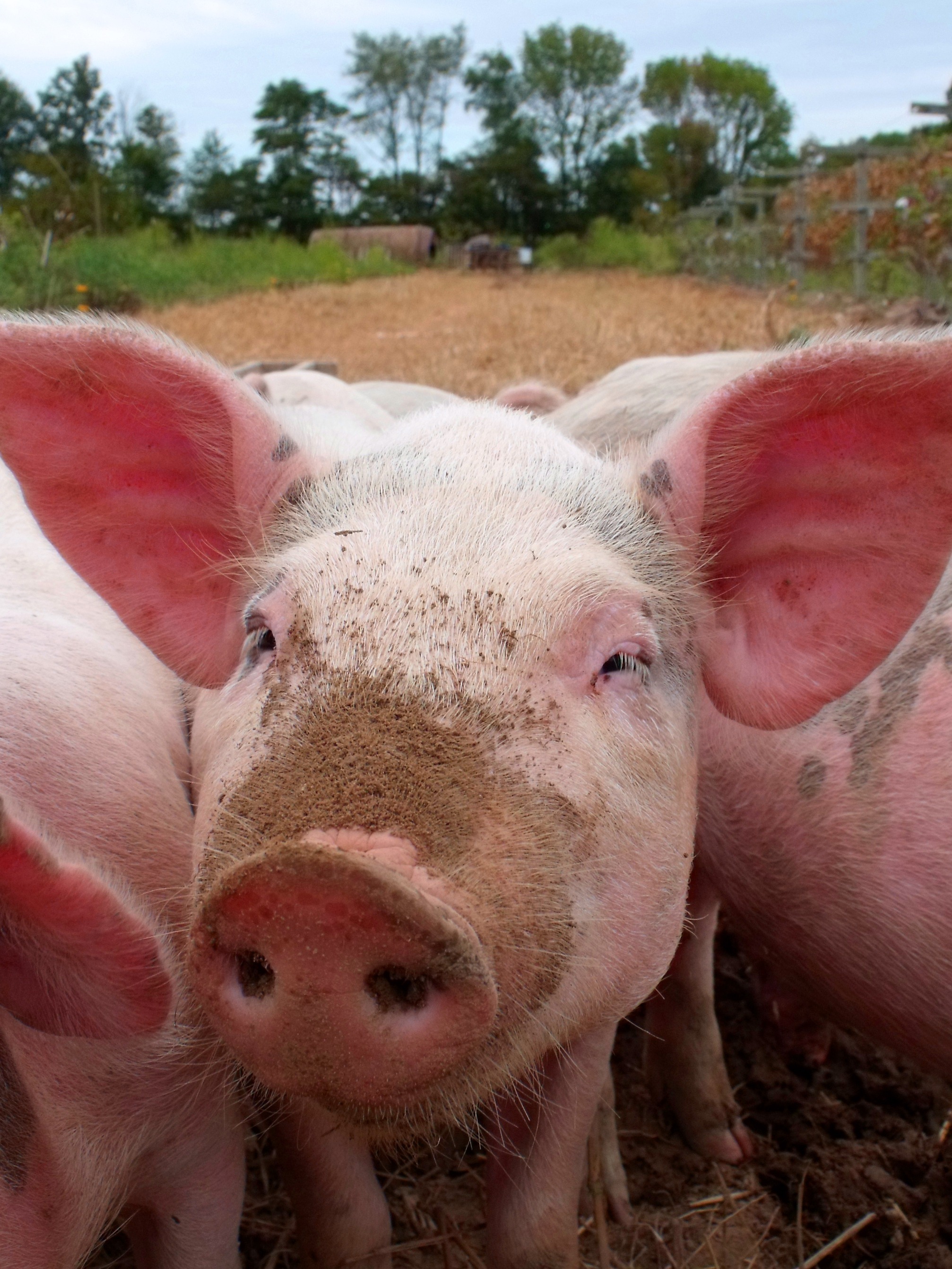
Tuesday, October 30, 2018 - U.S. hog farmers are ramping up safety procedures and leaving animal-feed ingredients imported from China in storage in an attempt to keep out a highly  contagious swine disease that is sweeping through Asia and Europe.
contagious swine disease that is sweeping through Asia and Europe.
U.S. government officials said in interviews on Friday they are also increasing their ability to test for the disease, African swine fever, and drawing up plans to respond quickly if a case is identified.
African swine fever is a devastating disease that can cause hemorrhaging in the skin and internal organs and death for hogs in as little as two days.
China, the world’s top pork producer, culled 200,000 pigs following recent outbreaks, while France is building a fence after the virus was found in wild boars in neighboring Belgium.
Though not harmful to humans, there is no vaccine for the disease, and transmission can occur in many ways, including direct contact between animals, through contaminated food and by people contaminated with the virus traveling from one place to another.
“This is a very serious disease that would have devastating economic consequences in the United States,” said Greg Ibach, the U.S. Department of Agriculture’s Under Secretary for marketing and regulatory programs.
The USDA is asking veterinarians and farmers to immediately report sick pigs to government officials so they can be tested for African swine fever. The agency is also planning its response to a potential infection and increasing its capacity to perform rapid lab tests.
WH Group Ltd’s Smithfield Foods, the world’s biggest pork processor, has imposed strict restrictions on farm and facility visits to guard against African swine fever, spokeswoman Keira Lombardo said. People who recently traveled internationally are prohibited, she said.
In Minnesota, hog farmer Randy Spronk said he asked feed brokers and manufacturers, such as Royal DSM, about the origin of the swine vitamins and feed additives he buys. If the products come from China, he wants them kept in storage because the virus is thought to die out when held in dry conditions.
DSM does not quarantine products from China to prevent African swine fever because it takes 120 days to reach the U.S. market, said Hugh Welsh, president of DSM North America. That is thought to be long enough for the virus become ineffective.
Keeping feed in storage raises costs for farmers because it requires them to have more supplies on hand. It also ties up storage space in warehouses, sheds and barns.
The need for quarantines is unclear, according to U.S. officials, because manufacturing processes often kill diseases.
BASF SE, which sells feed ingredients, does not import products from China for the U.S. market, spokesman Tony Graetzer said. The company is not shipping products to the United States from European countries infected with African swine fever, he said.
Learn more at this Link